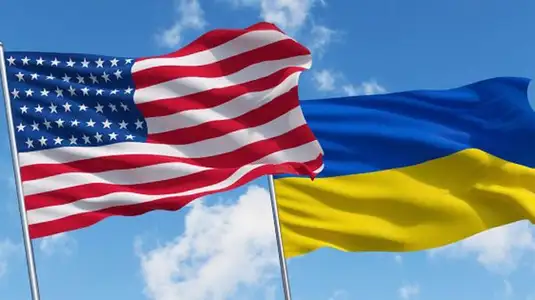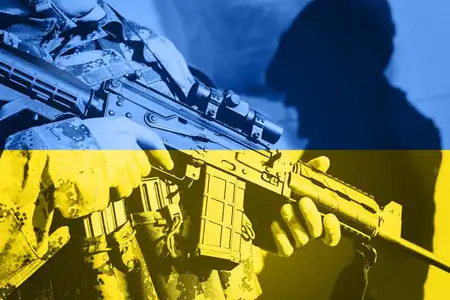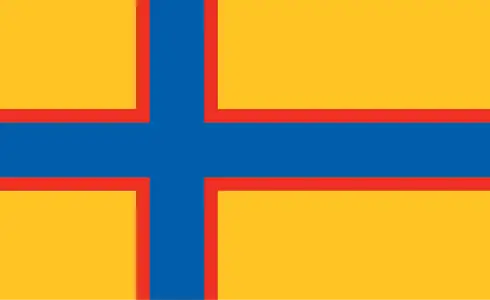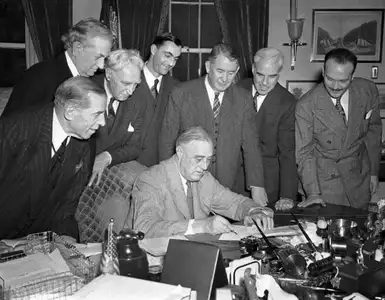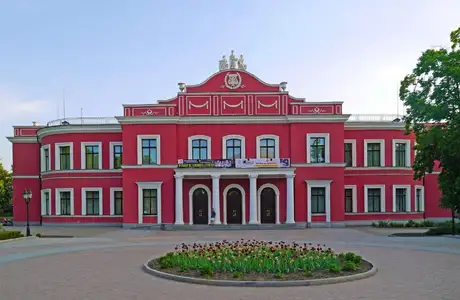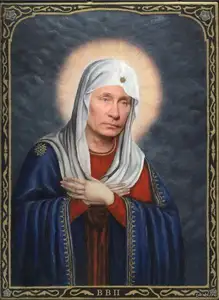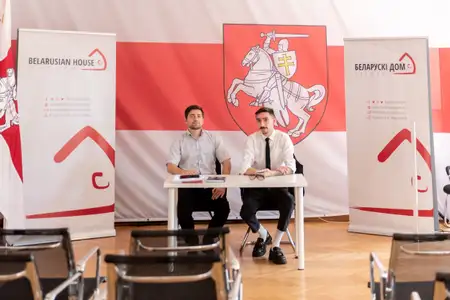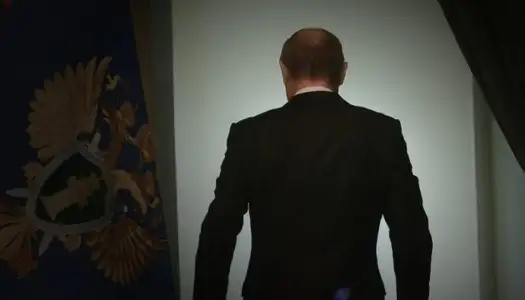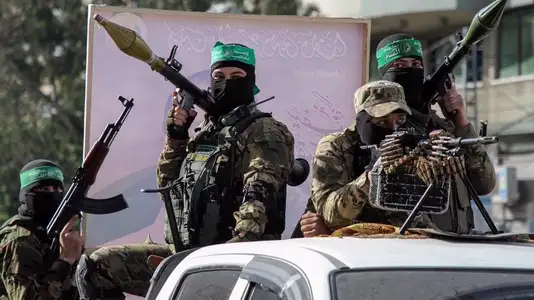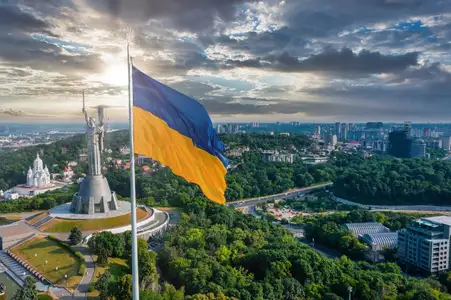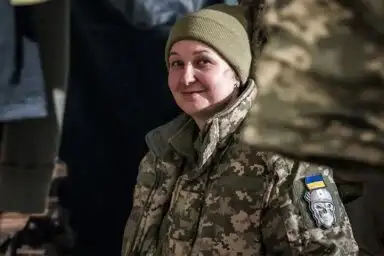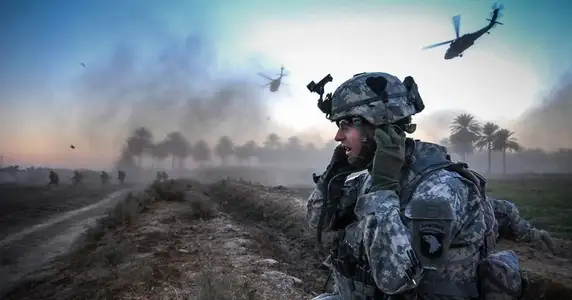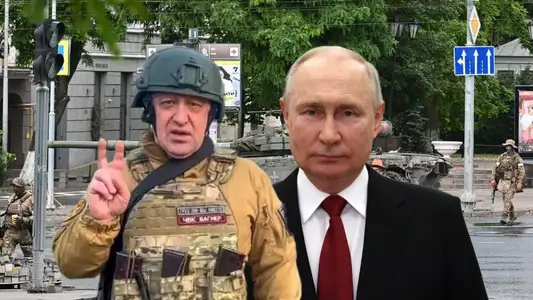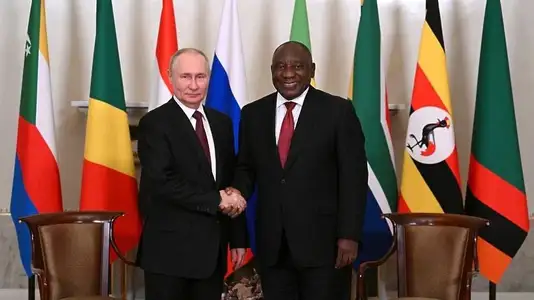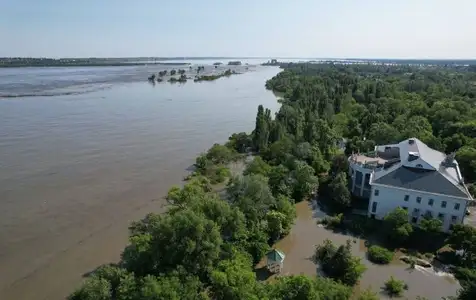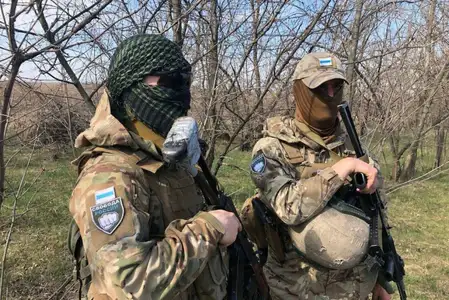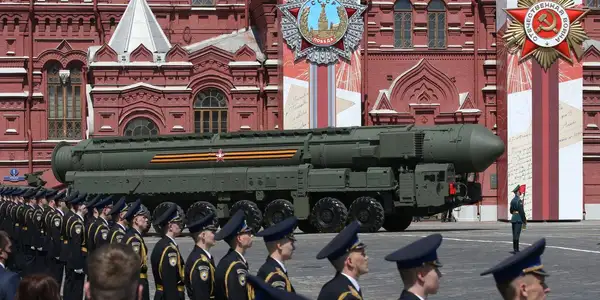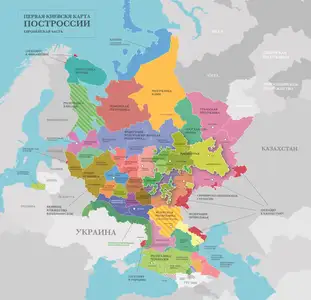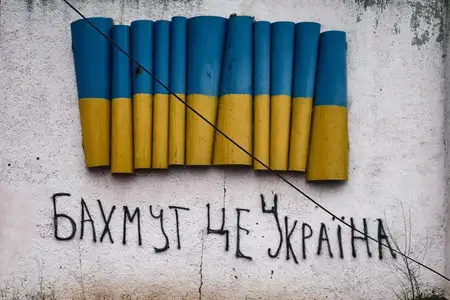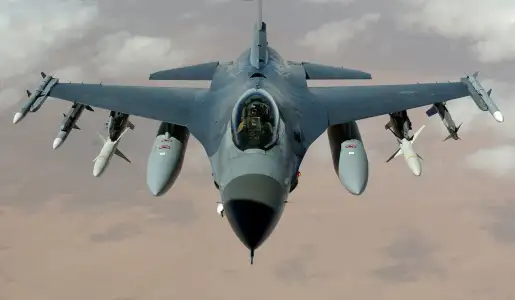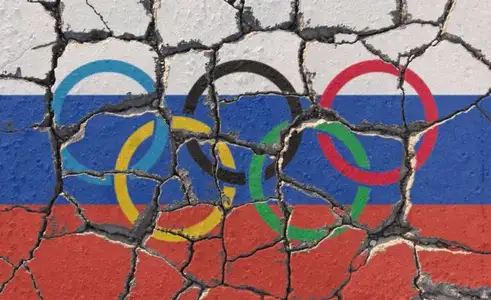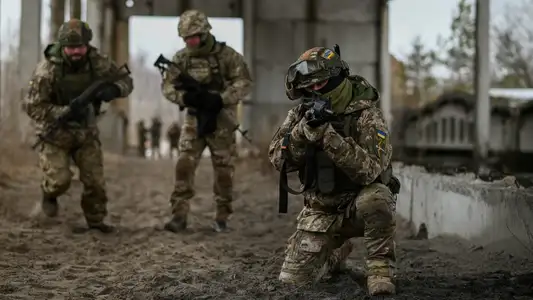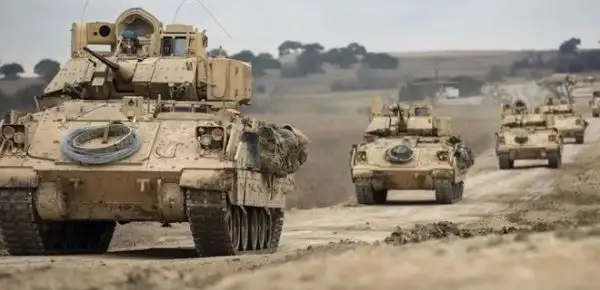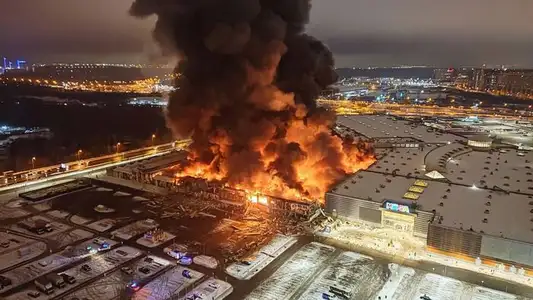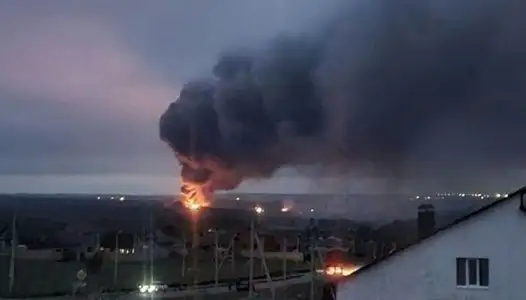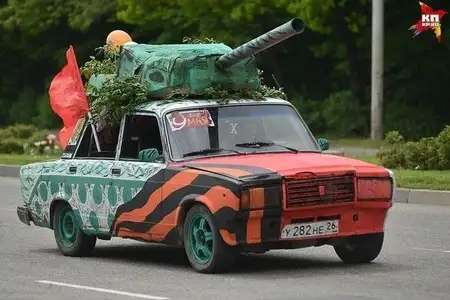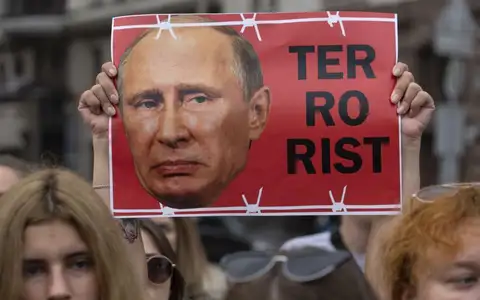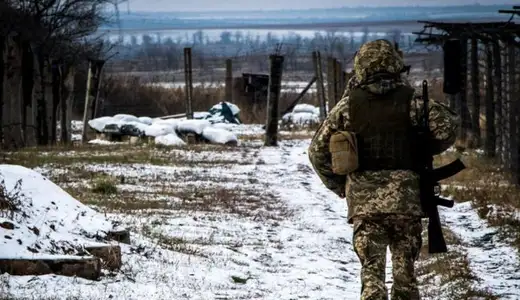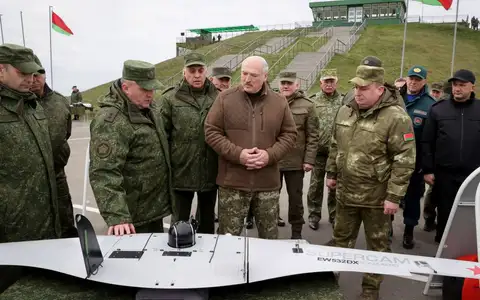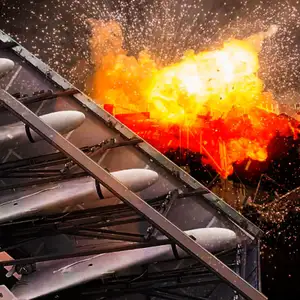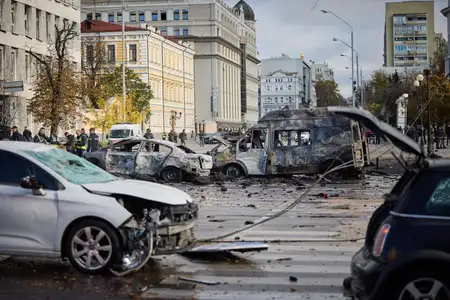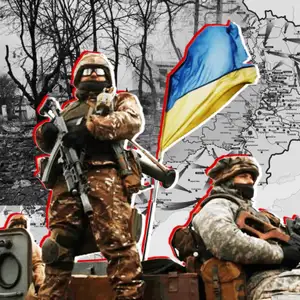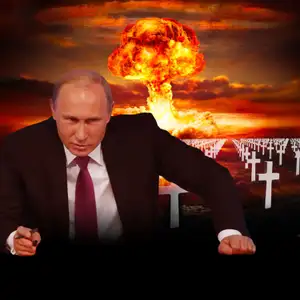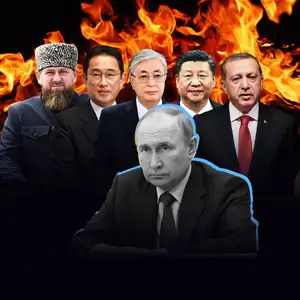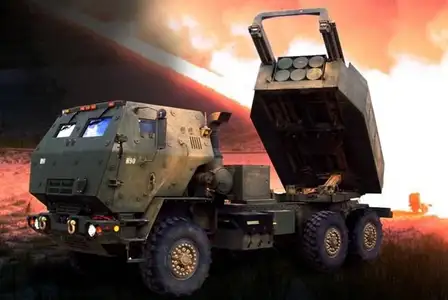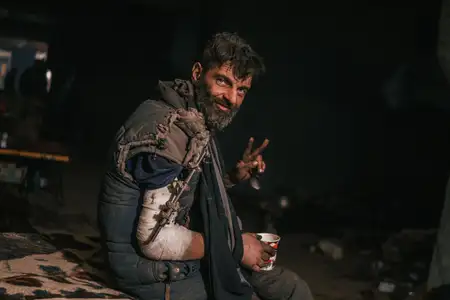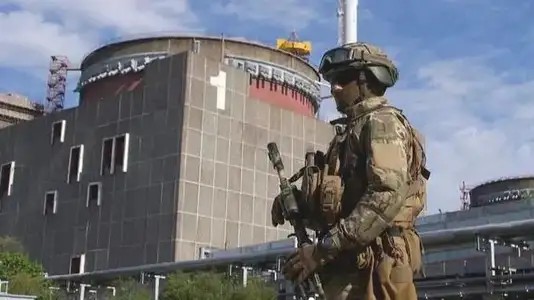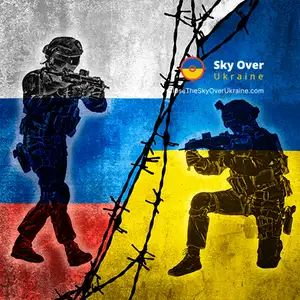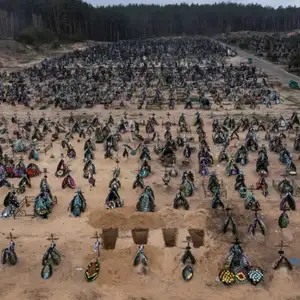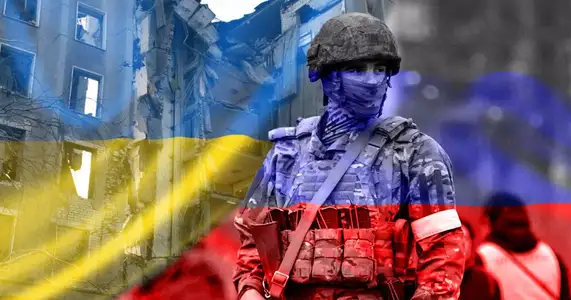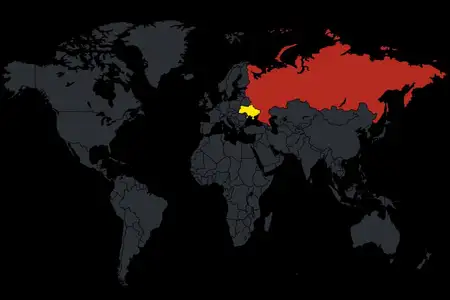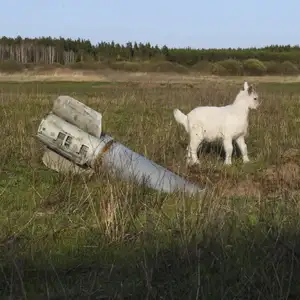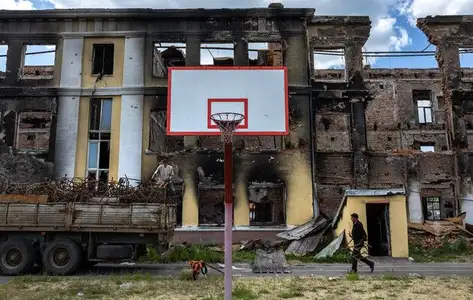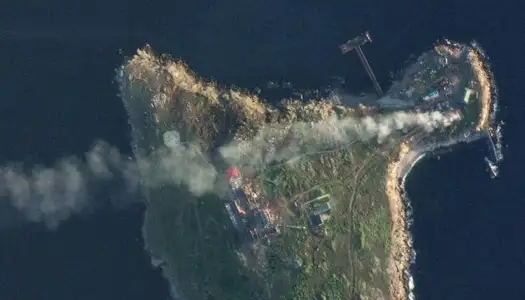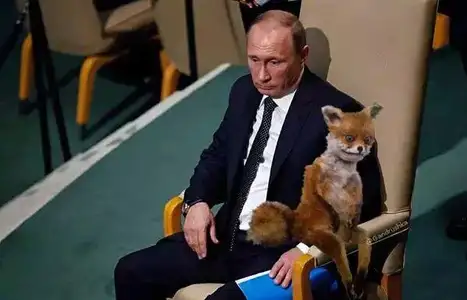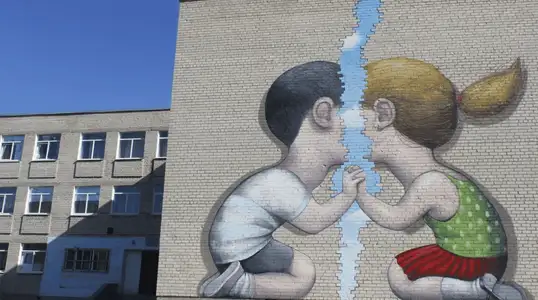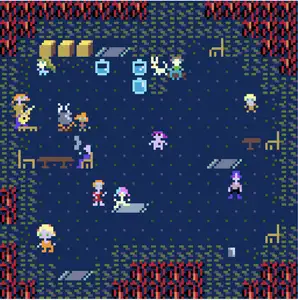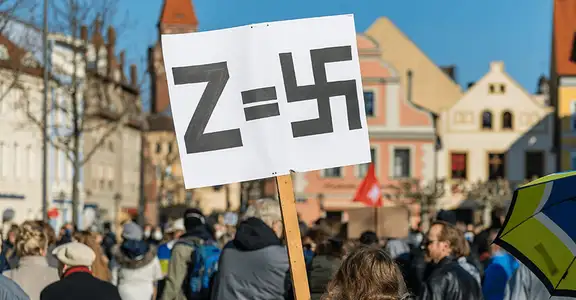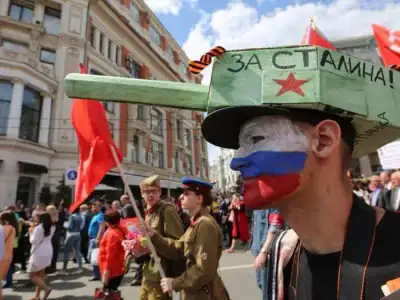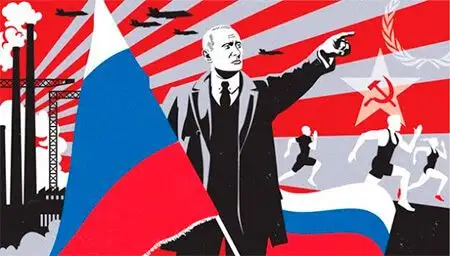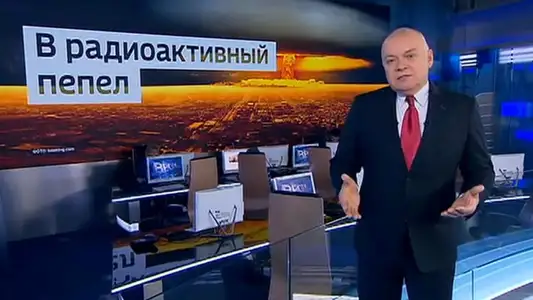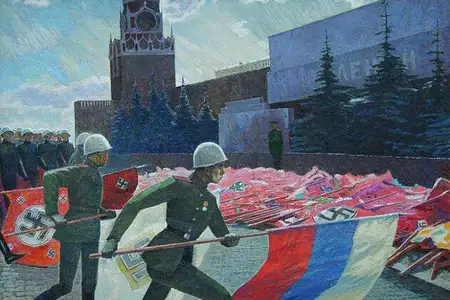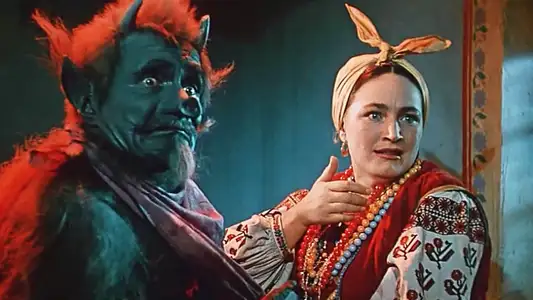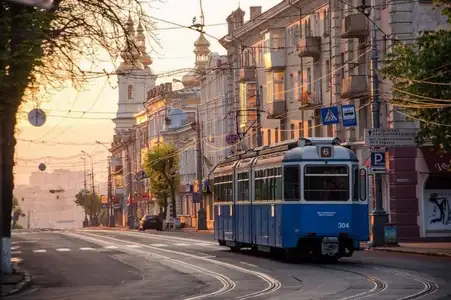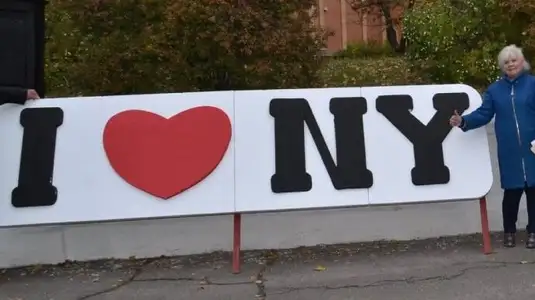Putin's death: Who will benefit and what will happen next? Part 1
In recent days, a fake about the death of Russian President Vladimir Putin spread on the Internet. Many people believed it, but unfortunately, this information turned out to be false. Let's speculate about what will happen after the dictator's death. As the Romans used to say, "look for who benefits" (Cui prodest?).
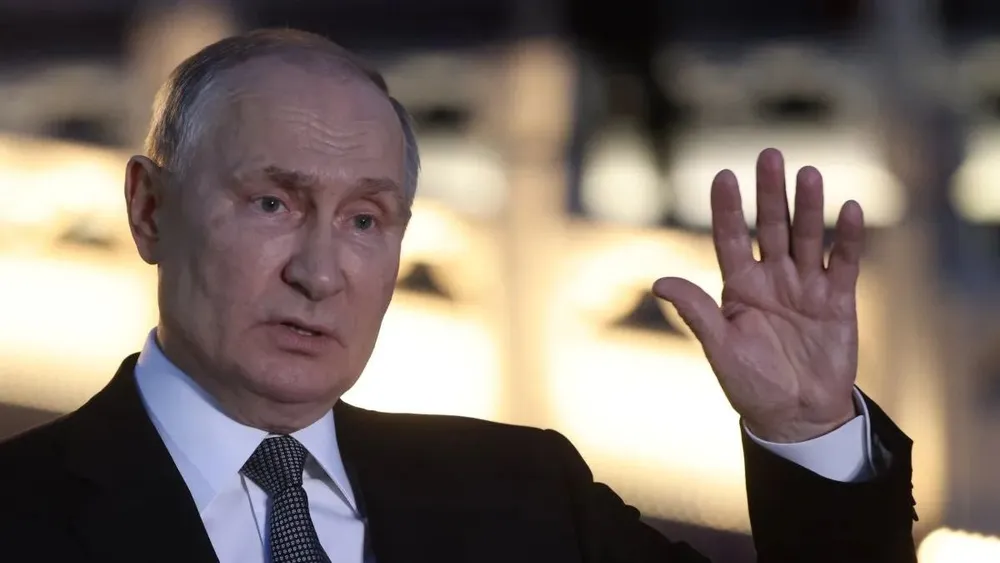
It would be illogical to assume that the authoritarian power in Russia is tied to only one figure and that this very figure (President Vladimir Putin) is the cornerstone whose elimination will bring down the whole system. The system is based on a frank pledge, i.e. mutual responsibility. All Russian ruling and financial leaders, as well as the lower echelons of power, are involved in many crimes against their own people and against other countries. If any of the representatives of the “elites” tries to bring these crimes before the public – they will simply get rid of him. They will get rid of him before he can do anything about it. His own “colleagues” and “friends” will get rid of him.
Since the beginning of the war in Ukraine, a series of mysterious deaths of Russian top businessmen who did not support the war and left Russia have been recorded. All of them were, in fact, oligarchs, people with influence both on the power structures and on ordinary people.
For example, Leonid Shulman, a top manager of the Russian corporation Gazprom, was found dead with a suicide note of dubious content in late January 2022 (almost a month before Russia's full-scale invasion of Ukraine). This death prompted investigative journalism that allegedly uncovered a series of deaths of many Russian oligarchs from 2014 to 2017, during the early years of Russia's war against Ukraine in the Donbas.
The death of Alexander Subbotin, a top manager of Lukoil, one of the largest Russian oil corporations, was covered in the Russian news as an outright farce. Allegedly he, suffering from depression and alcoholism, turned to shamans and died due to the consequences of “treatment” by alternative methods in May 2022.
Ravil Maganov, another high manager of Lukoil, in September 2022 suddenly fell out of the window of the hospital where he was treated allegedly because of a serious illness. The version about prolonged depression and suicide seems unlikely.
Similar stories have happened to other top managers of large Russian corporations: Alexander Tyulyakov (top manager of Gazprom), Vladislav Avaev (former vice-president of Gazprombank), Sergey Protosenya (former deputy chairman of the board of directors of Novatek) and several others.
So, who might become the new leader?
So, scenario one: Putin dies his own death. As is customary in Russia (and earlier in the USSR), the information will be concealed for some time, but, unlike in the Soviet Union, it is problematic to conceal the fact of the president's death for any length of time because of the Internet. Delaying the time is necessary for the top leadership to work out a strategy of further behavior, election of a leader and a plausible explanation of the cause of the dictator's death to the people. The scenario is very similar to the situation with Stalin's death. Stalin's entourage was very afraid of him, and Putin's current associates are holding on to him more for reasons of profit and their own financial security.
So, who could become the head of the state after Putin? There is no unambiguous candidate in Russia, or at least not known to the public, hence the choice will be difficult.
Prime Minister, Mikhail Mishustin, is simply a “talking head” who voices the words Putin needs. He will gain nothing from the dictator's death; it is quite possible that he will retain his position while losing some more powers.
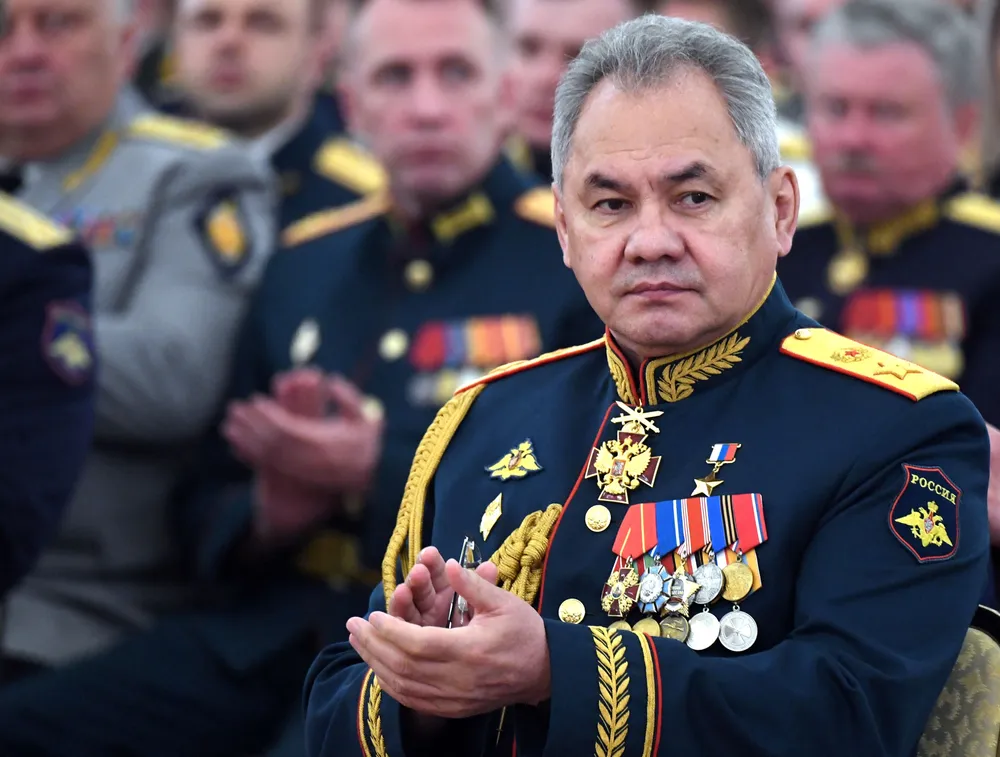
Sergei Shoigu
Sergei Shoigu, Minister of Defense, is the more likely option. Shoigu is smart and cunning, which makes him dangerous. With his vast life and political experience, he is quite capable of pulling the right strings, pressing on weak points in order to come out on top. This could lead to a military dictatorship, but there is one nuance: Shoigu did not serve in the army, he only graduated from the military department at the university. Despite this, his military ambitions were at an all-time high. As Minister of Emergency Situations, he turned its services into the semblance of military organizations, with ranks and a clear hierarchy. Finally, he achieved his goal by becoming Minister of Defense. It is worth noting that giving him the title of army general caused great dissatisfaction in the Russian troops.
Does he want to become president? Of course.
Does he benefit from Putin's death? Yes.
Does he have any chances? Yes.
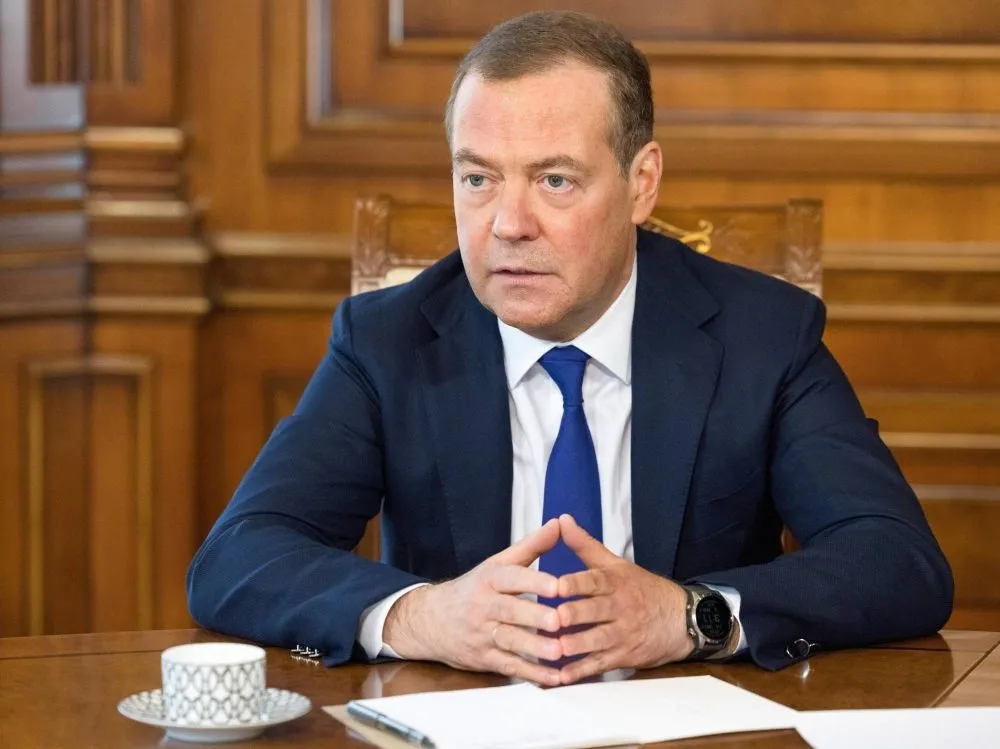
Dmitry Medvedev
Dmitry Medvedev, former President and Prime Minister of Russia. He was considered a promising young politician, even quite liberal, but in reality, he turned out to be Putin's puppet. After the resignation of his government in 2020, he was given a sinecure as deputy chairman of the Security Council, an advisory body that makes no major decisions.
On the Internet, Medvedev became famous for his expressive facial expressions and ridiculous statements, and for falling asleep at many of the events he attended. That's not indicative of his charisma, it's just a fun fact.
Medvedev seems to be a weak and mediocre personality with an equally uninteresting biography. However, this may turn out to be a mask, as well as his “clownish” behavior. Without publicly declaring his ambitions, Medvedev often remained in the shadows. In the early 1990s, he went into business, but everywhere he was a large but simple shareholder or co-founder. There is an opinion that he took on the role of a gray cardinal and personally solved many issues without publicity.
His current ambitions are unclear. As Putin's shadow, he has not made any explicit statements about them. There is a possibility that Medvedev may be made the leader of an “interim government”. There are several reasons for this. The first is his popularity among the people, even if caused by a flood of memes. The second is that he is a civilian, and the people will welcome such a president more warmly than a career general. At the same time, the generals will be real rulers.
Does Medvedev aspire to the presidency? It is a mystery.
Does he benefit from Putin's death? Hardly.
Does he have any chances? Yes.
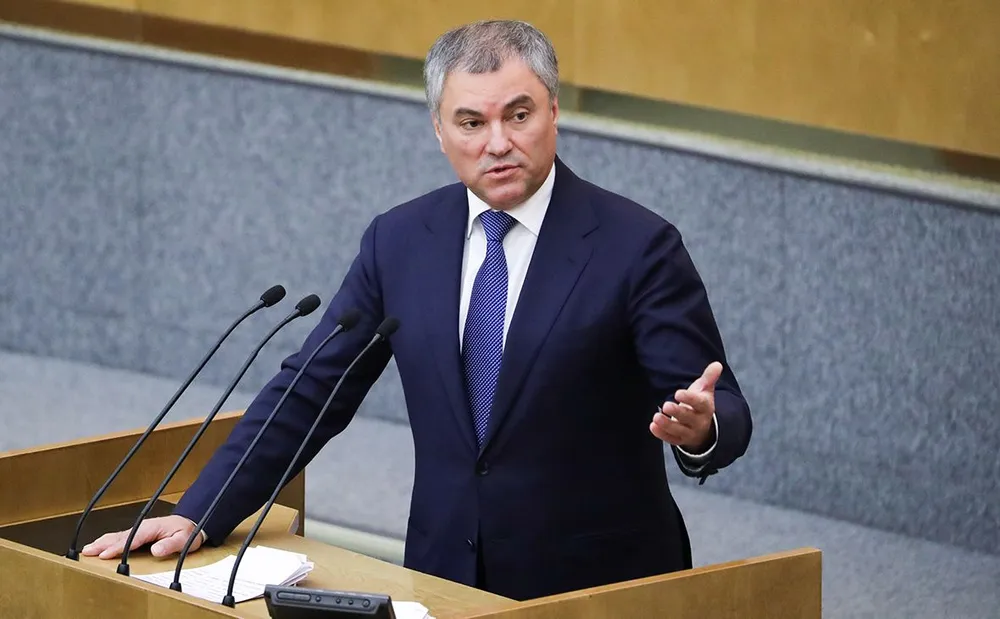
Vyacheslav Volodin
Vyacheslav Volodin, chairman of the parliament, the State Duma, rarely appears in the world news, which suggests that he is passive and lacks political ambitions. His sphere of interest is business, most of which is registered to his mother, a rural teacher with a salary of barely 300 dollars. Many elite real estate properties are registered in her name. His personal life is also not public. He has been in politics since the early 1990s, his career did not develop very rapidly, most likely, he did not want to be in the forefront. But who has got into the system, does not decide anything himself.
Volodin idolizes Putin, identifying him with Russia itself, which he has repeatedly stated publicly (“If there is Putin, there is Russia; if there is no Putin, there is no Russia” – his quote). He has also been seen making direct threats against Ukraine and European countries.
He has become known for his lobbying statements and bills in the absence of an official lobbying institution in Russia. This is probably done not out of enthusiasm and desire to help people, but solely for personal enrichment. To “clear his conscience”, Volodin spends a lot of money on charity, including helping the Russian Orthodox Church.
Does he want to become president? Definitely not.
Does he benefit from Putin's death? His income will not be affected.
Does he have any chances? No.
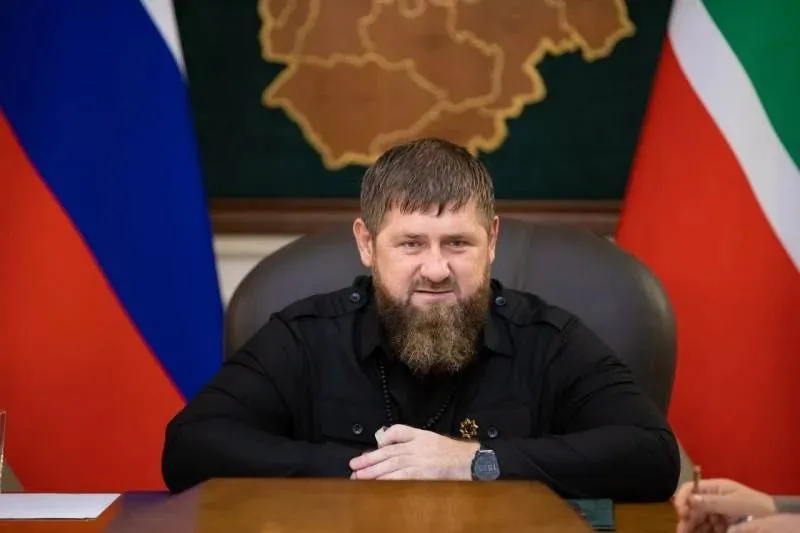
Ramzan Kadyrov
Ramzan Kadyrov, the head of the Chechen Republic, is the most odious Russian politician after Putin himself. His statements and actions are in direct contradiction with the law, but he still goes unpunished – and actively takes advantage of it.
Kadyrov originally fought (together with his father Akhmat) on the side of Chechen separatists in the 1990s, but in 1999 he took Russia's side and entered the republic's power structures. The reasons for the change of position remain a mystery, but we can assume two options, one of which complements the other: money and power. This caused great discontent among supporters of Chechen independence. There have been several assassination attempts on him.
Kadyrov created a kind of “state within a state” out of the federal entity of Chechnya, introduced his own orders close to the Sharia, and appointed his own people to key public positions. Under his rule, Chechnya has turned into one of the most peaceful (at least according to the media) and rapidly developing regions of Russia. The price of this was a huge plundering of the budget (the region is subsidized), mass exodus of the Russian population from the republic, repressions and reprisals against those who disagree with the head's policy.
Ramzan has repeatedly and directly threatened both his personal opponents and those of Putin and the Russian regime. There are rumors that he has been ill for a long time and is very seriously ill, but it is very likely that this is just a cover and preparation for further promotion in government service. Kadyrov himself has also stated that he is going to leave office, but there can be only one promotion – the position of the president of Russia.
He probably has substantial support in the central echelons of power, in addition to Putin himself. At the same time, his behavior is resented by a number of Russian politicians, and if he is nominated for the role of the future president, there is an option of splitting the top leadership up to the loss of control over the state and civil war.
Does he want to become president? Definitely yes.
Does he benefit from Putin's death? It is not known, because without the support of the federal center he would not have succeeded as a “leader of the nation”.
Does he have any chances? Yes.
There is a significant possibility that the new leader will be chosen as a figure who is not so well known to the general public. He could be made a kind of a “president from the people”, who is supposedly not backed by the military or oligarchs. For example, he could be Sergei Naryshkin, an experienced intelligence officer (like Putin) and head of the Foreign Intelligence Service. His colleague, Nikolai Patrushev, secretary of the Russian Security Council, has a similar biography and roughly the same chances, which are actually difficult to assess because of the complete secrecy of information about the activities of both the intelligence and counterintelligence services of Russia.
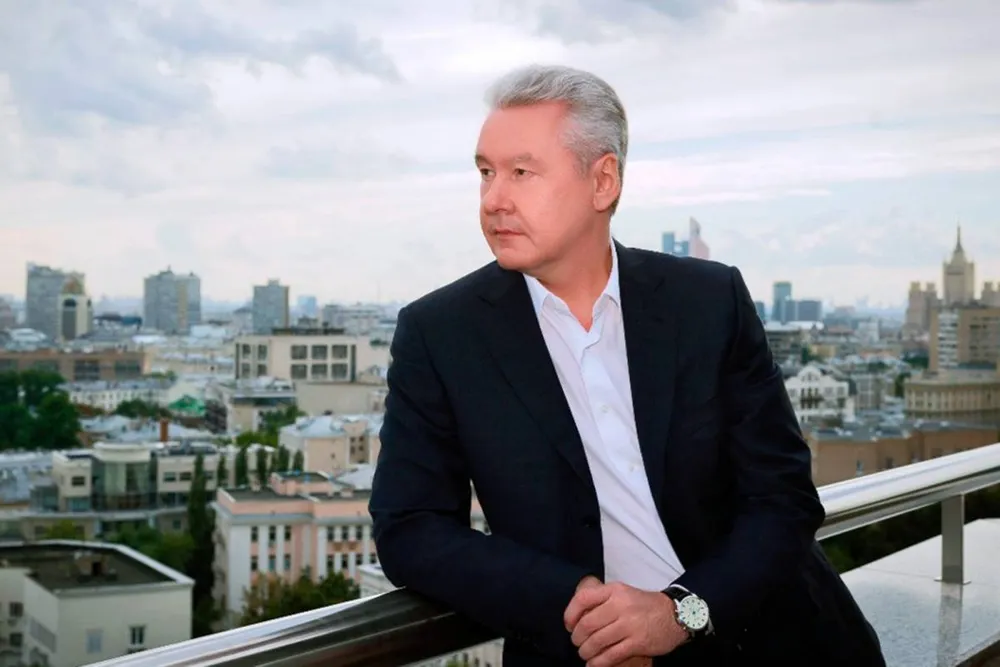
Sergei Sobyanin
Sergei Sobyanin, the mayor of Moscow, is a loyal associate of Putin. His position implies only one option for real increase of his influence – the president of Russia. However, in the position of the head of the Russian capital Sobyanin can earn much more than as the head of the country. Opinions of Moscow’s citizens about the mayor are divided: some are grateful to him for the development of urban infrastructure, while others accuse Sobyanin of destroying the “old” Moscow and plundering funds for repair work. Both opinions correspond to reality.
Some political analysts have named Alexei Dyumin, governor of the Tula region, as a possible successor. A Putin nominee, Dyumin has built a meteoric career and has not been seen in any obvious compromising actions.
We do not consider opposition candidates, as there has been no real opposition in Russia for a long time. And, even more so, no one will nominate an oppositionist for the post of interim leader after Putin's death. The option of turning the wheel of power by 180 degrees may occur only in a few years after the defeat in the war and after serious changes in the civic consciousness of Russians. It is still worth saying a few words about Russian “liberalism”.
Russian liberal idea
Before the war in Ukraine, which started back in 2014, the Russian opposition was relatively active against the ruling regime. There were many public speeches, rallies were held, and so on. However, even then, all parliamentary parties, regardless of their political orientation (left-wing, center-left, etc.) supported Putin and the ruling United Russia party, either explicitly or implicitly.
However, after February 24, 2022, when the full-scale invasion began, the ideologues of Russian “liberalism” abruptly “disappeared”. The author of the article sees two reasons for this. The first is the lack of support of the general population. The Russian people are scared. The Russian people, most of whom remember the terrible 1990s, pray to Putin, who raised the country from the ruins (no matter how you argue, it's a fact). And it doesn't matter that he has created a dictatorship. Ordinary Russians are quite happy with that!
The second point is that most of the liberal activists were puppets in the hands of the regime. Like: Look, the world community, Russia is a democratic country, we too can publicly criticize the authorities!
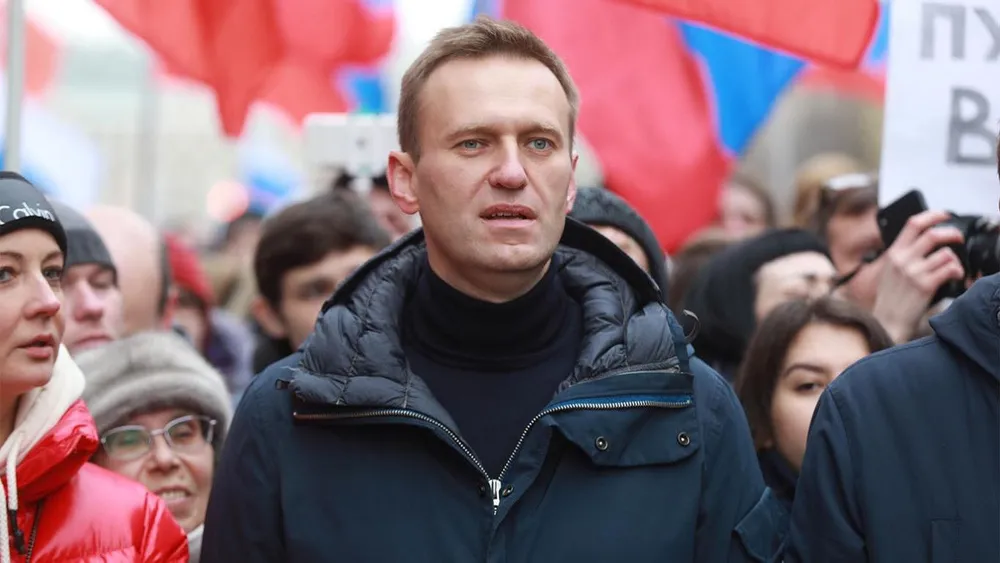
Alexei Navalny
Alexei Navalny was a prominent leader of the real opposition in the Russian Federation, who was the first to launch his own in-depth investigations into corruption in the highest echelons of power. As a public figure who actively opposed the regime, Navalny attracted worldwide interest. In Europe, he was awarded the Sakharov Prize (the EU's main human rights award), but in Russia, he was naturally persecuted and eventually imprisoned in 2021, to be served for 19 years.
And while Navalny's first years of activity were really about investigating state crimes, his recent statements, including in detention, have been more populist; they have not had any meaningful impact on the mood of the electorate, causing, rather, negativity and distrust. In short, discrediting the politician worked, whether it was his own actions or provocations by the authorities.
Five years ago, one could have imagined him as an independent candidate for the role of president of Russia. Now he is in a colony, and even assuming his release, it is unlikely that he will be able to rally the people around him.
After the beginning of Russia's full-scale invasion of Ukraine, there was not a single leader in the Russian Federation who could raise the protest layers of the population and encourage them to take any kind of active action. We are not talking about revolution, but the authorities could not ignore mass rallies of millions of people. In reality, in the spring of 2022, there were small-scale rallies of active citizens of Russia, but none of them, firstly, did not gather at least 10 thousand participants, and secondly, did not arouse the support of ordinary people.
The author of the article believes that in case of Putin's natural or violent death (about which we will talk later), one should not seriously consider the coming to power of a person from the forces opposing the regime. Such a person may be another “talking head” who will publicly declare about “changing the direction of the country's development”, but in reality will be just a puppet in the hands of the “gray cardinals”.
In the second part of the article, which will be published later, we will consider the second possible scenario – Putin's violent removal from power. We will also consider the options for the development of events in Russia after Putin's death (physical or political) and try to answer the question of whether it will bring the war in Ukraine closer to an end.
Author – Serhii Kolomiiets
